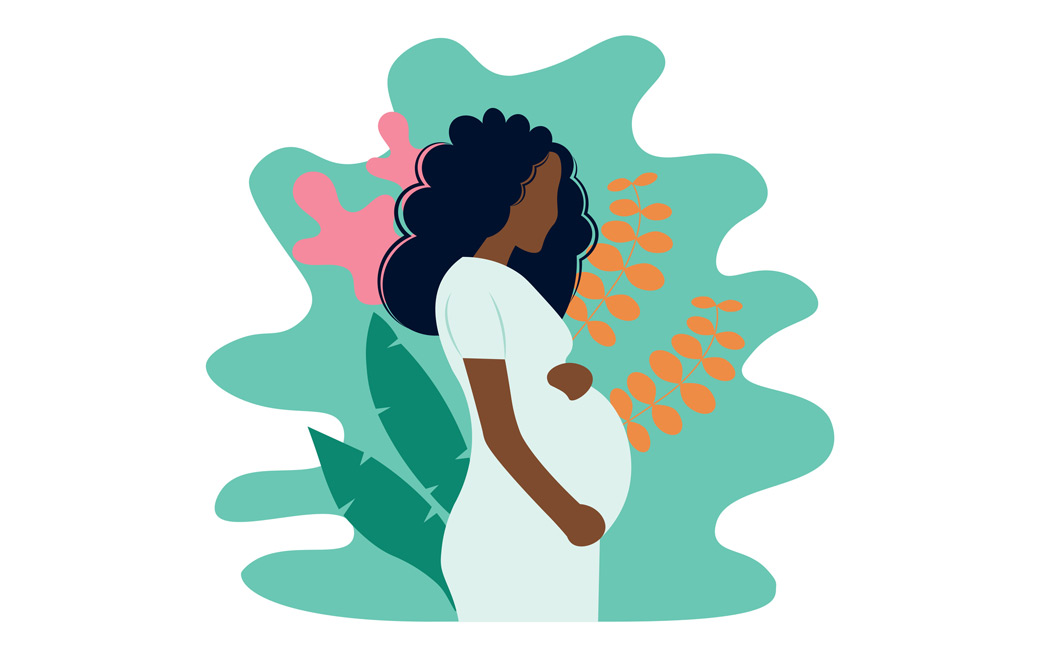TU faculty member a leading expert on maternal health in the military
‘Navy brat’ Iobst included in special journal edition
By Cody Boteler on September 1, 2021

Growing up, Stacey Iobst’s parents were in the Navy. Her father, James Blunt, retired as a lieutenant commander, and her mother, Susan Rabern, served as an assistant secretary of the Navy in former President Barack Obama’s administration.
Iobst knew she did not want a life in the armed forces, in part because of the transient nautre of military life. Still compelled to serve, she decided to go into healthcare.
After beginning her career as a bedside nurse, working largely in labor and delivery, Iobst felt called to teach and pursued her doctorate.
Now an assistant professor in the Department of Nursing, she wrote and defended her dissertation on the high rate of caesarean births in the United States, even among women who are at low-risk for the procedure.
Nursing at TU
Interested in studying nursing?
Towson University’s nursing programs prepare students to play key roles in delivering outstanding health care to individuals, families, groups and communities. Learn more.
Shortly after, she merged her childhood experiences in a military family with her professional research interests as a senior research associate at the Uniformed Services University Graduate School of Nursing.
Most recently, she was invited to contribute to a special edition of Women’s Health Issues, a policy-focused journal based out of George Washington University. The supplemental issue focuses on active-duty women’s health in the military.
Iobst’s work in the supplemental issue focuses on the pregnancy, childbirth and postpartum period of active-duty U.S. military women, she says. She’s also co-author on pieces about breastfeeding and unintended pregnancy, also in active-duty military women.
For Iobst, the research has a deeply personal connection.
“We’ve come a long way since my mother was pregnant with me,” she says. “If I had been born five or so years earlier, my mother would have been involuntarily separated from the military.”
Iobst says she wants to focus on researching childbirth itself, especially for those who are active-duty military. There is not, she says, a lot of existing scholarship around the subject.
“I recognize that childbirth is a very short period of time. But it’s important for military women, because if they wind up having a c-section birth, it really affects their readiness,” Iobst says. “It affects their recovery, how long they’re in the hospital and potentially how long they’re unable to work. Those are important things to the success of active-duty women.”
The supplemental issue was published in late August. Iobst says she is currently wrapping up a study on shared decision-making during and labor and childbirth among active-duty women. In the future, she says, she plans to apply for R15 funding through the NIH which is designed to expose undergraduate students to research.
“It’s important to involve undergraduate students in conducting research,” Iobst says. “Prior to becoming a nurse, I was strongly influenced by my undergraduate research experience as a biology major at St. Mary’s College of Maryland. Without the faculty mentorship I received, I might not be a maternity care researcher today.”